This piece was originally published on the Kellogg Fellows Leadership Alliance (KFLA) blog.

Throughout Latin America and the Caribbean, Kellogg Fellows are collaborating closely to create innovative strategies and programs that support food security, social equity, community development, indigenous cultures and economic sustainability in Colombia, Peru, Mexico and other nations.
The fuel behind many of the newest collaborations was the KFLA Global Summit on Food Security, which was held in late-2018 and organized by the Kellogg Fellows Leadership Alliance (KFLA). Two hundred community leaders, professors, doctors, activists, media persons and government officials from Latin America and the Caribbean, Southern Africa and the United States attended the event. Even before the Summit, the Latin American and Caribbean delegation was getting prepared for the event. This close networking continued during and after the gathering, according to Carmen Villa, KFLA’s Latin America and Caribbean Coordinator
“It was very important that our delegation had the same level of information throughout the region,” she explained. “Before the Summit, we focused on their unique priorities in online meetings. So, when we arrived, everyone already knew each other and was ready to collaborate. At the Summit, we came together in a regional meeting. All this preparation allowed the Fellows to move quickly when they went home.”
There are 300 Kellogg Fellows who live or work in Latin America and the Caribbean, compared to more than 1,000 Kellogg Fellows in the United States and more than 250 in Southern Africa.
“As a close-knit group, it’s easy to collaborate closely in our region,” explains Villa, who is also a Kellogg Fellow. “We can connect Fellows quickly, because we really know them. These Fellows already know how to use Minka and the Humanitarian Action Fund for their projects. They know they can reach out to the alumni network and we will find support for their work.”
Fewer financial resources in Latin America and the Caribbean mean that Kellogg Fellows are particularly open to partnering with each other on finding solutions for the region.
“In Latin America and the Caribbean, we do not have as many foundations or companies with charitable donations as in the United States,” she says. “For many regions, it is very difficult to find financial resources to get a plan into action. So, when there is an opportunity to create something meaningful that might lead to change, Kellogg Fellows are very willing to work together to get funding and share strategies, program models and research.”
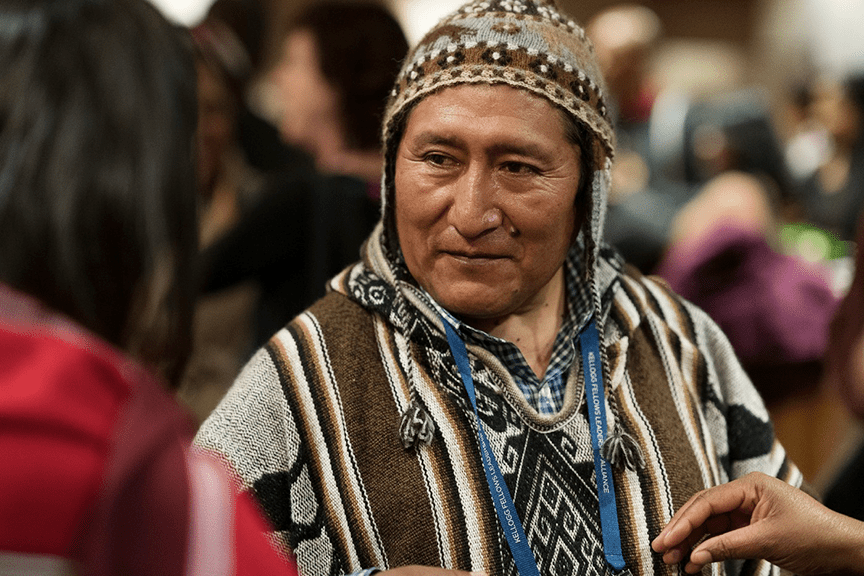
Connecting small food producers with local consumers
A good example is a new online platform based on blockchain technology. The new platform will connect small local food producers with local consumers, remove the middleman from the process, and at the same time, implement innovative farming processes. This direct-to-consumer approach fosters economic sustainability and food security for the entire community.
The online platform is being integrated by Kellogg Fellows Zenón Gomel (LASPAU) from Peru and Marco Sosa (KILP-02) from Colombia. The men applied together for a grant from Fontagro to create the model for the platform.
“These Kellogg Fellows are putting together a network, which is developing an online platform and training model for innovative farming. It can be used by anyone in the KFLA network,” says Villa. “They also hosted a candid and self-reflective webinar for other Kellogg Fellows in our region, which examined the lessons learned during the funding and initial development stages. This knowledge sharing allowed Fellows to learn from each other.”
Supporting sustainable agriculture and Indigenous cultures
Another exciting collaboration is happening at the Educational Center for Agro-Ecology “Los Alamos” in Tlaxcala, Mexico. The agro-ecology training center is operated by the family of José Luis Barradas (KPFL-02), and they are offering a generous opportunity for community leaders.
Los Alamos has invited Kellogg Fellows in Latin America to recommend the names of community leaders to attend a five-month training program on ecological agriculture, sustainable development, ethics and leadership, and appreciation of indigenous cultures. Along with the classes, the participants’ room and board will be provided at no charge.
Collaborating for common good
Alongside these projects, several smaller collaborations are popping up throughout the region.
“We have a partnership happening now between professors in Costa Rica,” says Villa. “Meylin Alvarado (LASPAU) from the School of Geographic Sciences (Escuela de Ciencias Geográficas) at National University of Heredia, and Kathia Acuña (LASPAU) from the University of Costa Rica are exchanging classes and lectures. This allows students new learning experiences and a wider, more diverse faculty for both institutions’ students.”
There’s also a Fellow-led webinar series on community development led by Elizabeth Hernandez (LASPAU) from Mexico, and an exchange with international professors in Brazil underway.
Adds Villa, “Our collaboration is only going to continue in Latin America and the Caribbean. We certainly aren’t finished yet.”

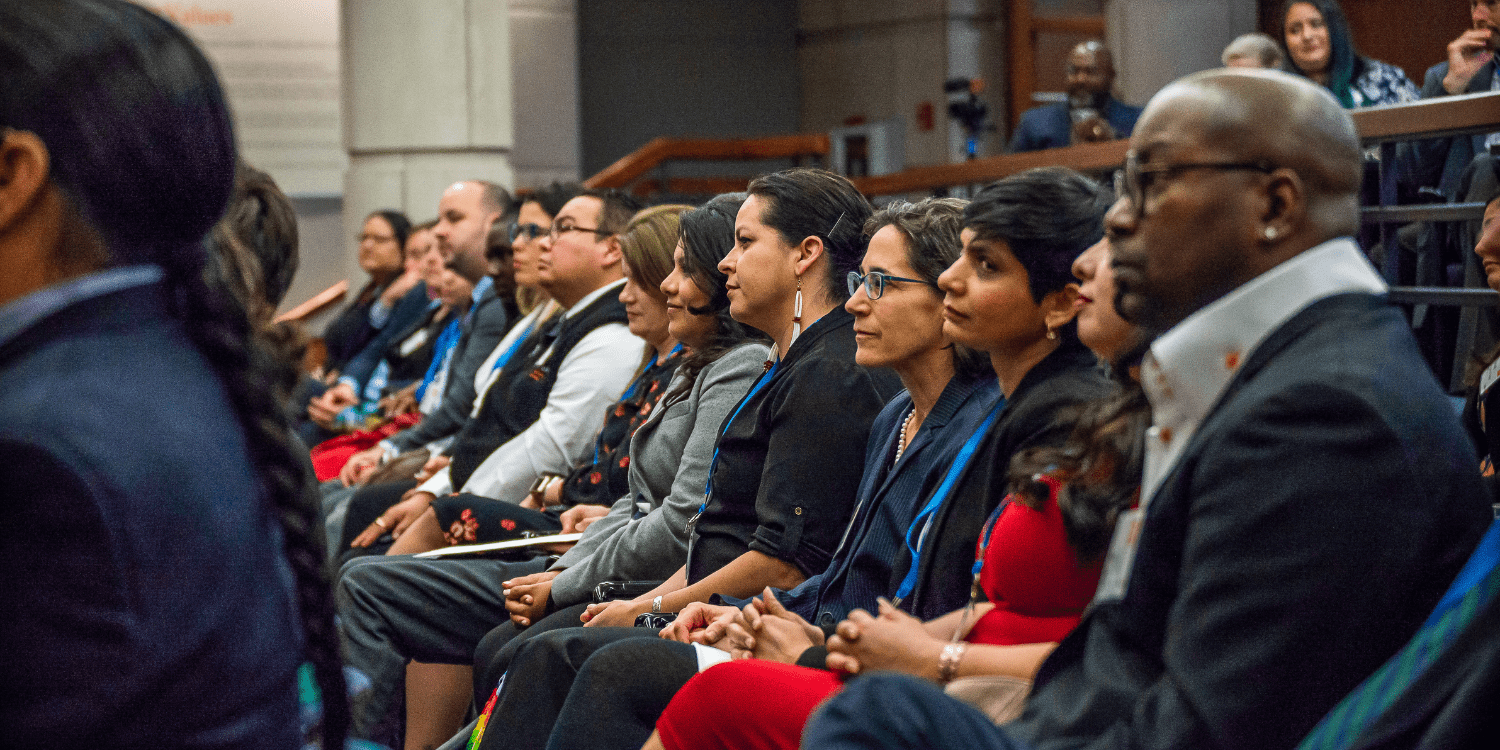
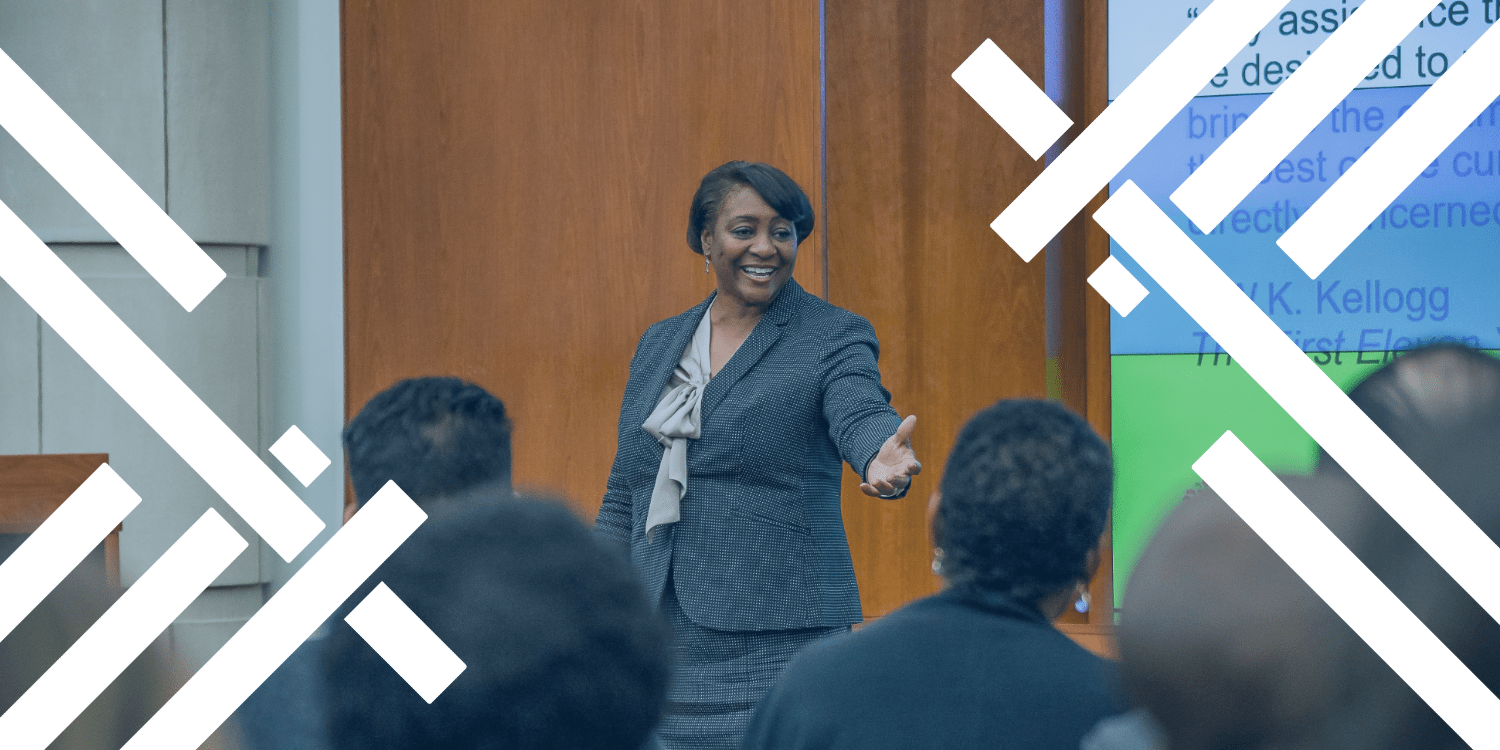
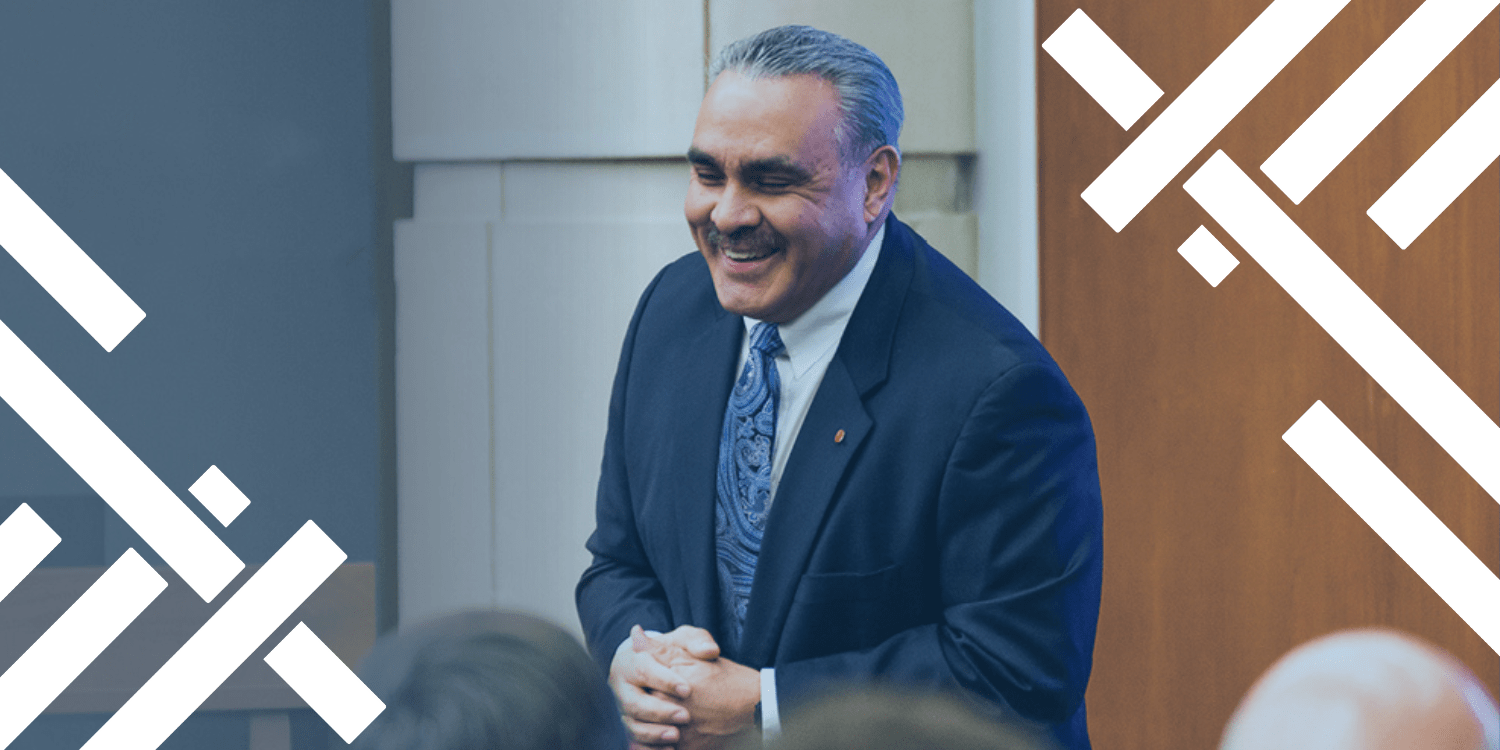
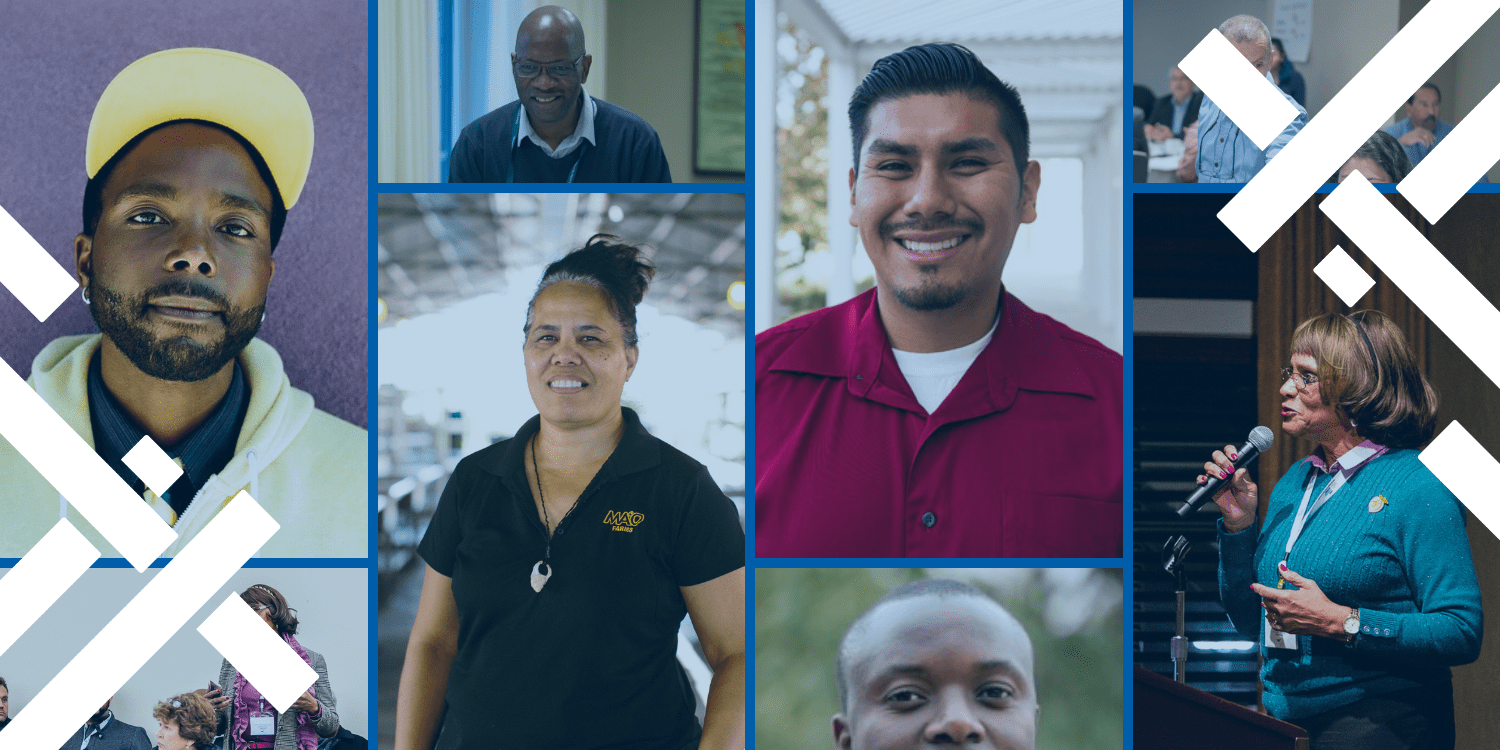
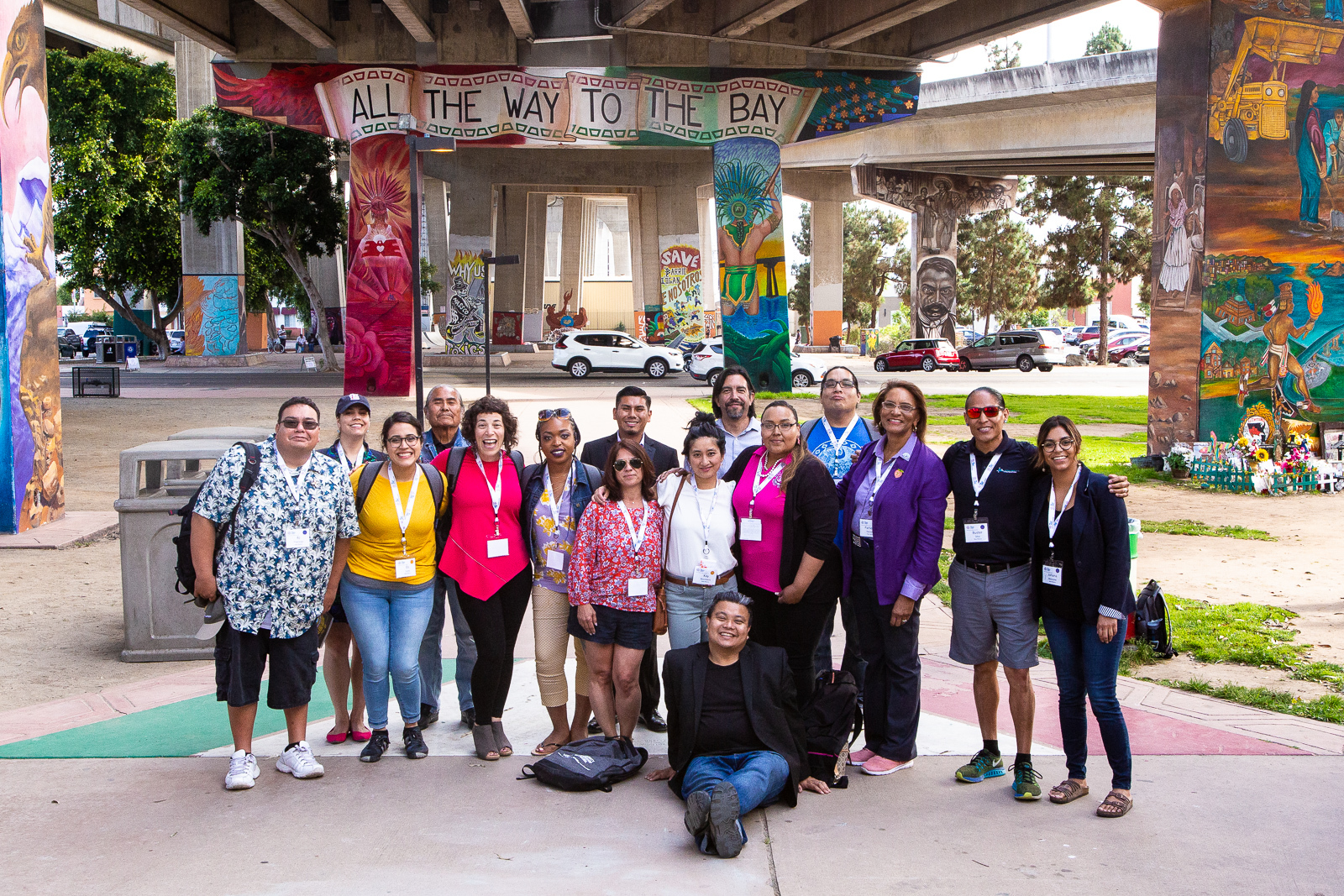
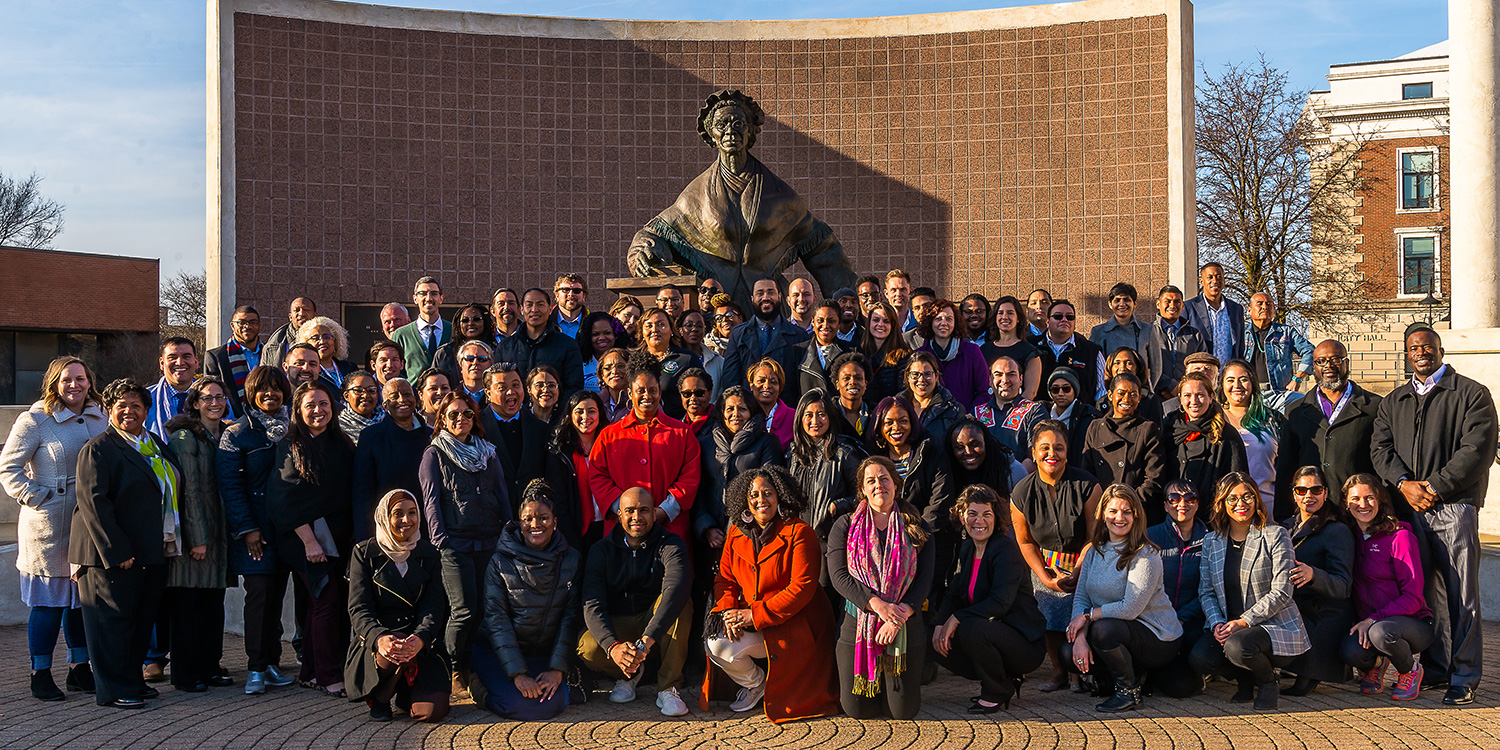

Comments